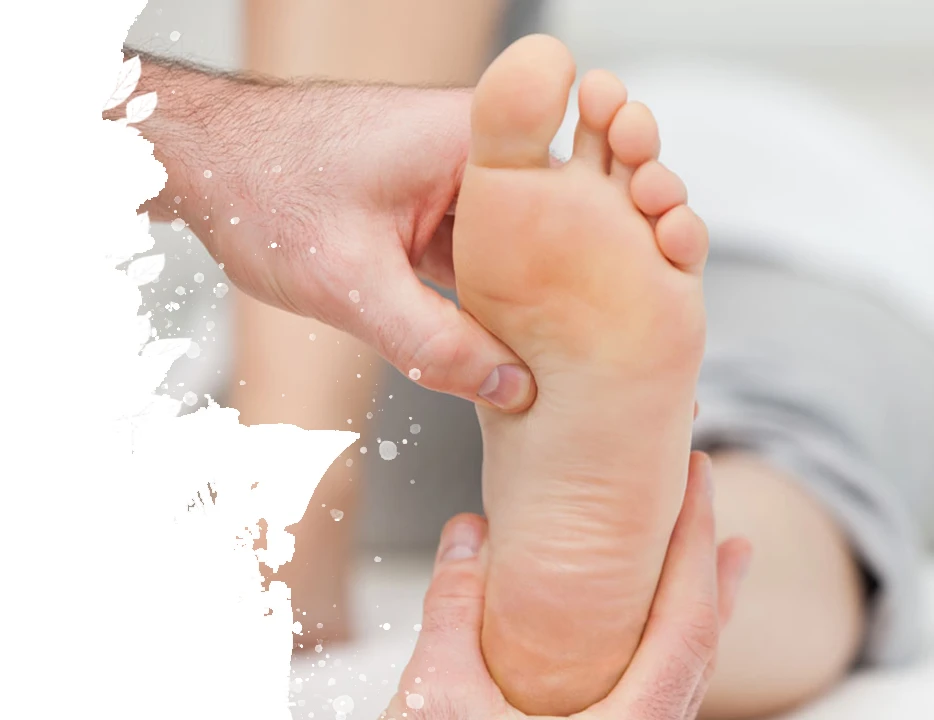Find relief and improve the health and comfort
At Jakupi Podiatry, we specialize in the diagnosis and treatment of ingrown toenails. An ingrown toenail occurs when the edge of the toenail grows into the surrounding skin, causing pain, inflammation, and sometimes infection.
Ingrown toenails can be a common and uncomfortable foot condition, but with the right care and treatment, they can be effectively managed and prevented from recurring. If you’re experiencing pain or discomfort due to an ingrown toenail, our experienced podiatrists are here to help you find relief and improve the health and comfort of your feet.
Common Causes of Ingrown Toenails
Ingrown toenails can be caused by a variety of factors, including:
- Improper nail trimming: Cutting the toenails too short or rounding the edges can cause the nail to grow into the surrounding skin.
- Tight footwear: Shoes that crowd the toes or put pressure on the toenails can increase the risk of ingrown toenails.
- Trauma: Stubbing the toe or dropping something heavy on the foot can cause the toenail to become ingrown.
- Genetics: Some people may be predisposed to ingrown toenails due to inherited foot structure or nail shape.
Symptoms of Ingrown Toenails
Ingrown toenails can cause a range of symptoms, including:
- Pain: Ingrown toenails can cause pain and tenderness along the edge of the nail, especially when pressure is applied.
- Swelling: The surrounding skin may become swollen, red, and inflamed.
- Pus or drainage: Infections may develop around the ingrown toenail, leading to the formation of pus or drainage.
- Difficulty walking: Severe ingrown toenails can make it difficult to wear shoes or walk comfortably.
At Jakupi Podiatry, we take a personalized approach to treating ingrown toenails, focusing on providing gentle and effective care to relieve pain and promote healing. Our experienced podiatrists will work closely with you to develop a customized treatment plan tailored to your specific needs and preferences, with the goal of achieving long-term relief and preventing recurrence of ingrown toenails in the future.
BOOK ONLINE NOWTreatment Options for Ingrown Toenails
Conservative measures: For mild cases of ingrown toenails, we may recommend soaking the foot in warm water, gently lifting the edge of the ingrown nail, and applying antibiotic ointment to prevent infection.
Partial nail avulsion: In cases where the ingrown toenail is persistent or recurrent, we may perform a partial nail avulsion procedure to remove the ingrown portion of the nail and prevent it from growing back.
Nail bracing: We may use special techniques or devices to straighten the toenail and prevent it from becoming ingrown again in the future.
Oral antibiotics: If an infection is present, we may prescribe oral antibiotics to help clear the infection and prevent it from spreading.
Surgical intervention: In severe or chronic cases of ingrown toenails, we may consider surgical options, such as total nail avulsion or nail matrixectomy, to permanently remove the ingrown portion of the nail and prevent it from regrowing.
Contact us
More Questions?
Schedule a consultation with Jakupi Podiatry today and take the first step towards relieving your ingrown toenail symptoms and improving the health and comfort of your feet.



